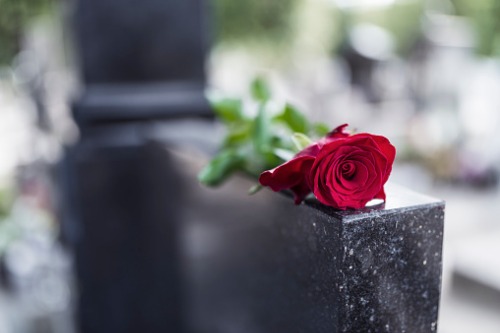Poll sheds light on current preferences for burial plans, including costs of alternative methods

For many people, a life insurance policy represents an effective way to pay for final expenses, which includes the costs of a funeral. And while that has traditionally meant paying for a casket and a cemetery plot, there are now many options for those seeking a more unorthodox sendoff.
In a survey of more than 1,500 Americans, U.S.-based independent insurance agency Choice Mutual found that just over a third (35%) plan on a traditional burial. The largest number of respondents (44%) said they’d like to be cremated — a huge jump from just 4% who reportedly preferred that method in the ‘60s.
A decidedly smaller number of those polled said that they want to donate their body to science (6%), be granted a natural burial (4%), or go with some other burial method (1%). A full 10%, meanwhile, said they have no plans or preference.
What do those who prefer cremation wish to be done with their ashes? The most popular choice is to have them spread in a specific location (40%), followed by having their family keep them (36%). One out of 10 said they want to be planted as a tree, while a cumulative 14% had other plans including being painted or printed onto a canvas, compressed into a diamond, mixed with ink to be used for a tattoo, and launched into space.
The survey also listed the associated costs of different burial methods for those living in the U.S. The most expensive option, mummification, reportedly costs US$67,000 at minimum; the price tag for plastination, which involves replacing water and fat in the body with various enduring plastics, is at least US$40,000, while cryonic preservation starts at US$28,000.
Other methods and their associated costs include:
- Traditional burial – US$7,360 on average;
- Cremation – US$6,260 on average;
- Sea burial – US$5,000 at least;
- Natural burial – US$3,500 at least; and
- Donation to science – free



